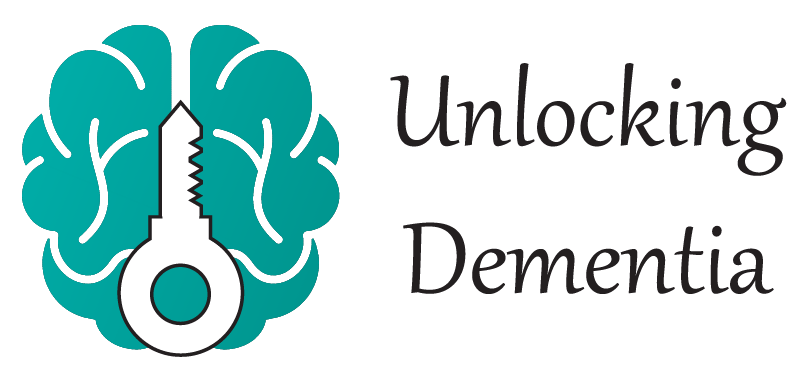The body’s interconnected systems and organs are dependent upon each other and at times, diagnosis is difficult when disorders present real or apparent memory impairment. Fortunately, most of these conditions can be treated and possibly cured if diagnosed before irreparable damage is done. Symptoms often disappear as the cause of the symptoms diminish.
Various examinations including testing for multiple conditions (blood tests, kidney functions, liver enzymes x-rays, and appropriate scanning) will assist in determining the reason for the dementia-like symptoms. Ensure your primary physician and specialized physician are aware of conditions that may explain changes in mental status.
The following is a list of many disorders that can mimic dementia and make it harder to diagnose accurately without further testing or observation.
Cancer: Tumors or abnormal growths can cause pressure on the brain or on the immune system. These cancers can be associated with cognitive or behavioral changes. If the cancer impacts the immune system, antibodies against the brain can be produced causing “paraneoplastic-syndrome”.
Depression: Occasionally when older patients become depressed, cognitive impairment can present false dementia. In contrast to patients with dementia, individuals with “pseudodementia” can often recall the onset of their cognitive impairments, overestimate their symptoms, and are remarkably responsive to treatment with antidepressants.
Drugs and Alcohol: Misuse of drugs and alcohol can impact cognitive function and cause dementia-like symptoms.
Disorders of the Heart and Lungs: The heart and lungs work together to ensure the body receives the oxygen and nutrients required for proper functioning. If the blood vessels (vascular system) can’t effectively push oxygenated blood to the brain, the brain is unable to function properly. When the vascular system is diseased, vascular dementia may occur that affects alertness, memory and higher-level (executive) function.
Head Trauma: Any injury to the brain can cause injury to the blood system and the effectiveness of the brain receiving adequate blood and nutritional supply. Falls and blows to the head are often the most common types of injuries, especially in the elderly. Concussions (bruising of the brain) can cause cognitive issues, however, often the symptoms improve over time as the brain heals.
Hormone Disruption: The endocrine system is made up of glands that produce hormones to influence and regulate growth, reproduction, sexual development and function, metabolism, mood, and sleep. The organs include the pancreas, thyroid gland, adrenal glands, parathyroid glands, pituitary gland and the reproductive organs. If the vascular system is impaired, transporting these hormones throughout the body by blood is impacted causing dementia-like symptoms. Hypothyroidism or hyperthyroidism and diabetes can cause imbalances that may impact brain functionality.
Infections: Undetected infections can cause a prolonged change in cognitive functionality. Delirium, HIV, Lyme disease, or syphilis are examples of diseases that can mimic dementia.
Liver and Kidney Disease: The accumulation of toxins in the kidneys or liver from disease or over exposure can introduce poison into the bloodstream, thereby impacting the brain and mimicking dementia.
Metabolic Conditions: Exsiccosis and uremia, as well as electrolyte imbalances like hypo/hyperthyroidism, or hypo/hyperparathyroidism can also cause cognitive impairment.
Normal Pressure Hydrocephalus: This condition causes the cavities (ventricles) in the brain to fill with cerebrospinal (brain) fluid. This buildup interferes with urination control, memory and walking.
Sensory limitations (hearing and vision): According to studies and research since 2000 have shown a correlation between limited senses and development of cognitive impairment. Often the loss of sight or hearing may isolate a person and limit stimulation to keep the brain actively functioning, thereby increasing the probability of dementia-like symptoms.
Toxins: Heavy metals or environmental toxins introduced into the body can create dementia-like symptoms and need to be specifically tested in order to eliminate dementia.
Vitamin deficiencies: low levels of some vitamins like thiamine, B6, B12 and folate can cause cognitive impairment or dementia-like symptoms.
